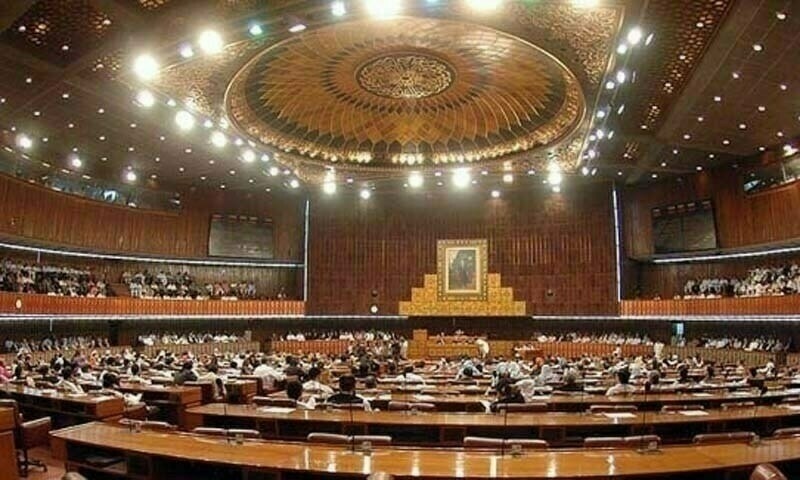In countries that claim to uphold democracy, freedom of expression often takes a backseat when laws disguised as regulation come into play.
Pakistan, like many others, is no exception.
The stark contrast between ruling parties and the opposition highlights this recurring pattern. Parties in power seek to silence criticism through legislation, but when out of office, they vehemently oppose those same laws, branding them undemocratic.
Controlling traditional media has historically been simpler.Governments leveraged state advertisements and other pressures to keep the press in check. But the emergence of social media has disrupted this dynamic. Without a coherent strategy, social media platforms have become a free-for-all where anyone, from governments to ordinary citizens, can face unrestrained character assassination.
The recent presentation of the PECA Amendment Bill in the National Assembly has stirred heated debates. Federal Minister Rana Tanveer tabled the bill, which proposes strict penalties, including three years’ imprisonment or a fine of 2mn rupees (approximately $7,050), for spreading false information on social media. A special tribunal is also to be established to oversee such cases. While the government claims this bill aims to regulate social media and curb misinformation, opposition parties and journalists have strongly protested, staging walkouts and calling the legislation a direct attack on press freedom.
The Jamiat Ulema Islam-Fazl openly opposed the bill, while Pakistan Tehreek-e-Insaf’s absence from the assembly paved the way for its swift approval. Prime Minister Shehbaz Sharif, during a meeting with the Pakistan Broadcasters Association, defended the bill and said that freedom of expression remains intact and constructive criticism of government policies is welcome. However, the opposition and media organizations remain skeptical, questioning the motives behind this legislation.
The government has argued that the bill will provide protection to working journalists and curb trolling, particularly on social media. Yet, critics point out that no meaningful consultation was conducted with journalistic bodies before the bill’s approval. This lack of engagement has left journalists and their organizations feeling excluded from a process that directly impacts their profession.
Another pressing concern is the enforcement of the bill on overseas activists who use social media to criticize the state. The government’s inability to address this challenge raises questions about the bill’s effectiveness.
While regulating the digital space is necessary in today’s era, it is equally important to strike a balance between accountability and freedom of expression. The government must engage with journalists and other stakeholders to ensure that the legislation is fair, practical, and transparent. Otherwise, this bill may deepen the divide between the government and the press, leading to further mistrust and conflict.












